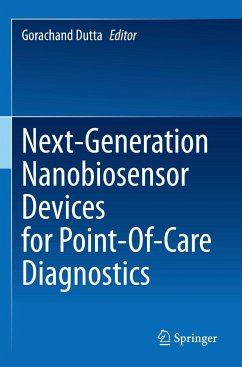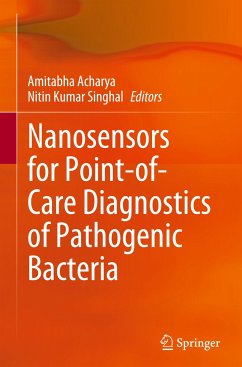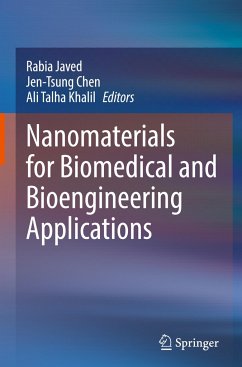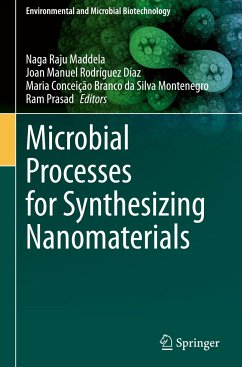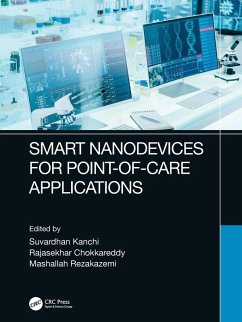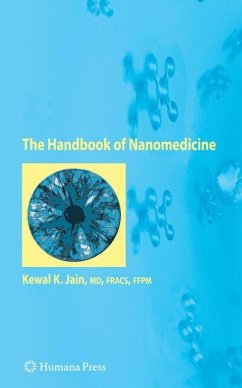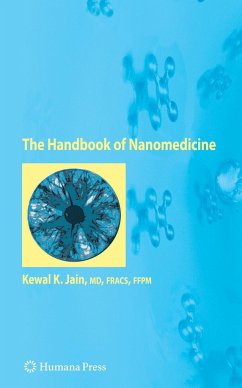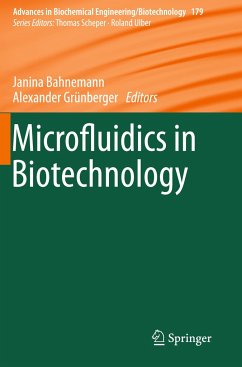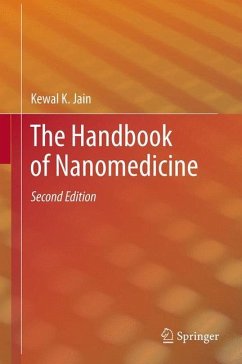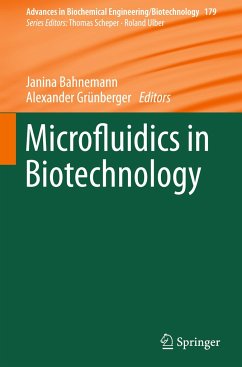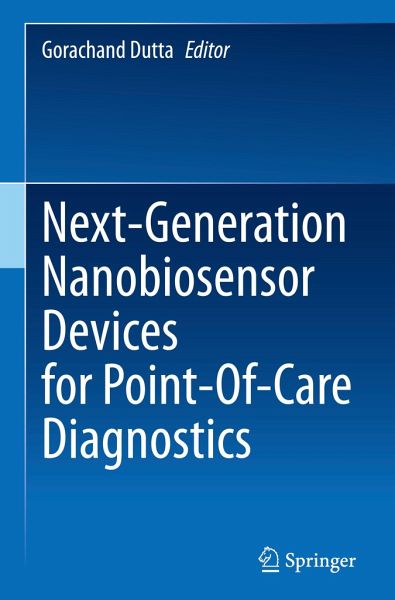
Next-Generation Nanobiosensor Devices for Point-Of-Care Diagnostics

PAYBACK Punkte
76 °P sammeln!
This book reviews the potential of next-generation point-of-care diagnosis in healthcare. It also discusses the printed chip-based assay (Lab-on-a-Chip, Lab-on-a-PCB) for rapid, inexpensive biomarkers detection. The book presents the development of sensory systems based on the use of nanomaterials. It examines different biosensors for medical diagnosis using surface modification strategies of transducers. It presents electrochemical concepts based on different nanobiomaterials and nanocomposites for cancer theranostics. Notably, the book examines the recent advances in wearable, cost-effective...
This book reviews the potential of next-generation point-of-care diagnosis in healthcare. It also discusses the printed chip-based assay (Lab-on-a-Chip, Lab-on-a-PCB) for rapid, inexpensive biomarkers detection. The book presents the development of sensory systems based on the use of nanomaterials. It examines different biosensors for medical diagnosis using surface modification strategies of transducers. It presents electrochemical concepts based on different nanobiomaterials and nanocomposites for cancer theranostics. Notably, the book examines the recent advances in wearable, cost-effective hemodynamic sensors to detect diseases at an early stage. It further explores the combination of redox cycling and electrochemical detection to develop ultrasensitive and reproducible biosensors for point-of-care testing. Finally, the book summarizes the significant challenges in the point of care diagnostics and its future opportunities in healthcare.





